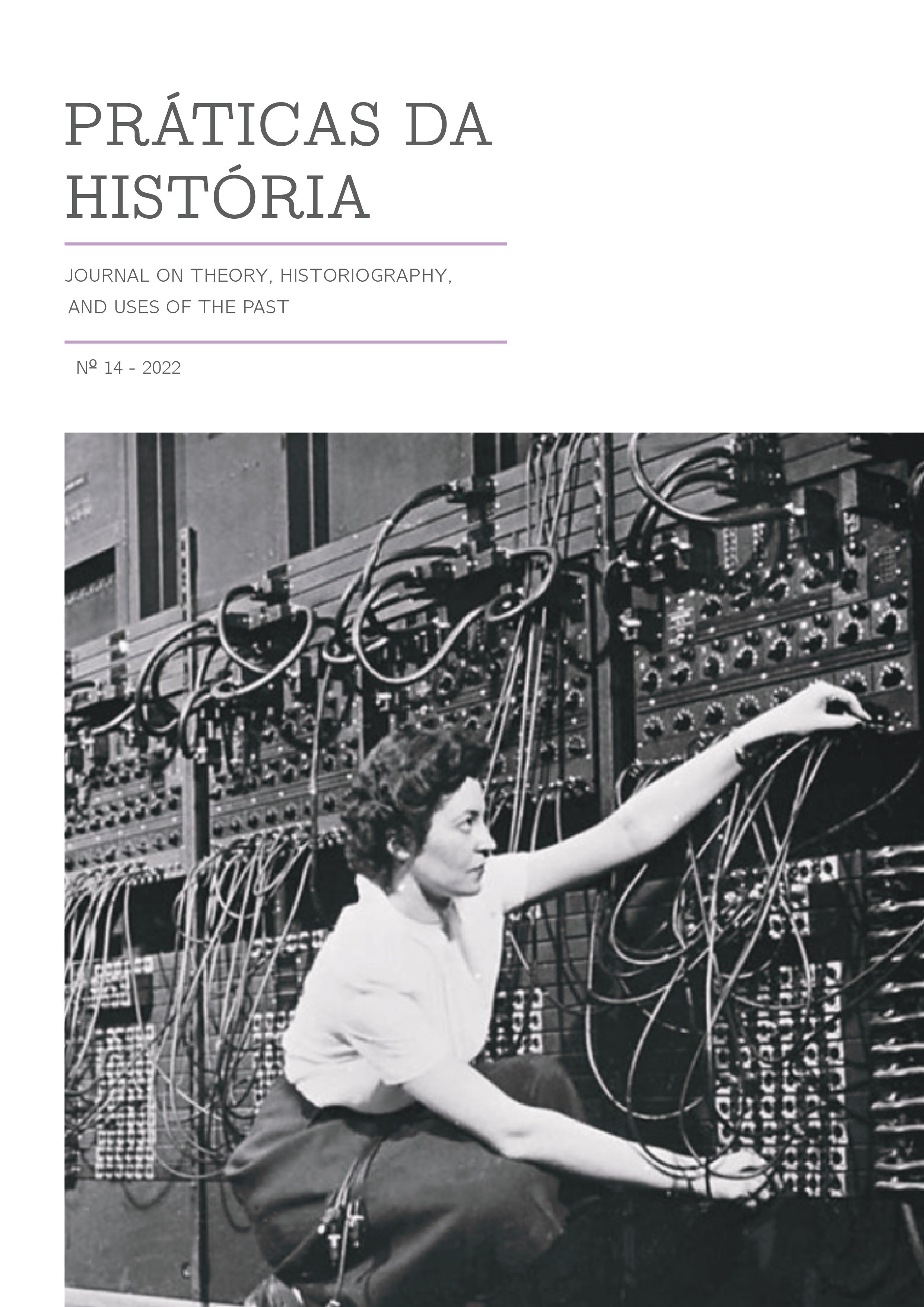Fake News and digital archives based on the experience of COVID-19
DOI:
https://doi.org/10.48487/pdh.2022.n14.28210Keywords:
Digital humanities, Digital humanities, Digital history, Digital history, COVID-19, COVID-19, Fake news, Fake news, Archives, ArchivesAbstract
Fake news, rumors, and deception are not new phenomenon, but their impact has got stronger with the fastness of the information spread on the Internet. Although much of this (mis)information is of little importance, in recent times it has been mobilized for electoral purposes, as ways of destroying reputations and, in the COVID-19 pandemic, as cause of bad health practices. Fake news has an impact on the public space and could be seen as evidence of crimes. How can we understand the place of fake news in the framework of theoretical and methodological problems of digital humanities or digital history? Does such a theme add anything to the ethical commitment involved in the performance of researchers and public archives? This article stems from these questions: presenting a brief overview of the COVID-19 pandemic fake news in Brazil, defending the importance of better archiving policies for this digital documentation, and pointing ways to interpret and act on these issues in the public sphere.



